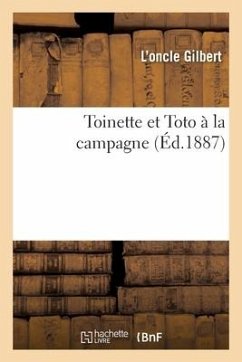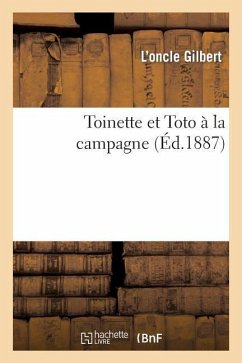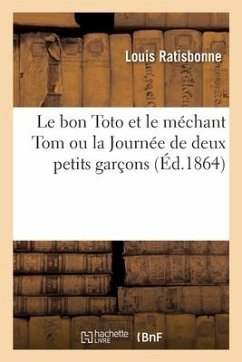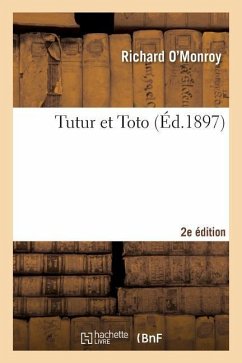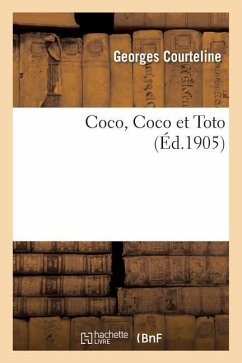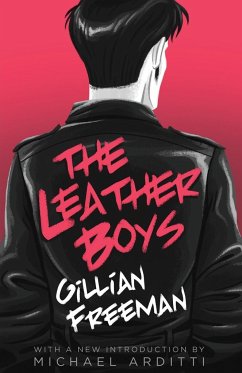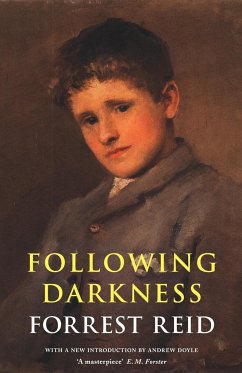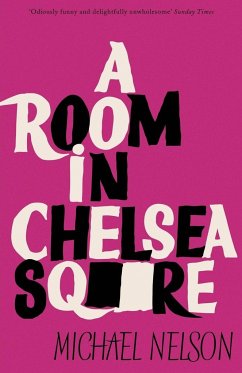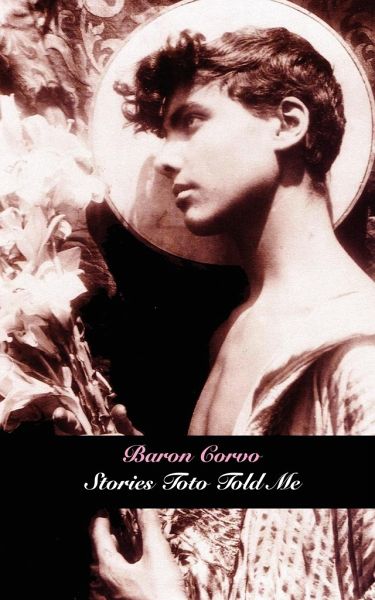
Stories Toto Told Me
Versandkostenfrei!
Versandfertig in über 4 Wochen
15,99 €
inkl. MwSt.

PAYBACK Punkte
8 °P sammeln!
Frederick Rolfe, who early in his career also published under the name "Baron Corvo," became famous for his Hadrian the Seventh (1904), in which an Englishman is unexpectedly elected Pope, and later became infamous for his writings on his love for Venetian boys. But it was with the "Toto" stories, first published in John Lane's fin de siècle literary journal The Yellow Book, that Corvo achieved his first and most widespread authorial success. In these tales, an Italian peasant youth ingenuously recounts to his English master six poignant and often funny stories dealing with Heaven, saints, mo...
Frederick Rolfe, who early in his career also published under the name "Baron Corvo," became famous for his Hadrian the Seventh (1904), in which an Englishman is unexpectedly elected Pope, and later became infamous for his writings on his love for Venetian boys. But it was with the "Toto" stories, first published in John Lane's fin de siècle literary journal The Yellow Book, that Corvo achieved his first and most widespread authorial success. In these tales, an Italian peasant youth ingenuously recounts to his English master six poignant and often funny stories dealing with Heaven, saints, morality, and religion. First published in volume form in 1898 and long out of print, Stories Toto Told Me remains one of the most remarkable achievements of one of the strangest and most talented of English writers. This edition includes a new introduction and extensive annotations by Edmund Miller.



